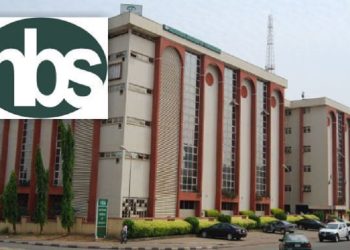German Chancellor Olaf Scholz has raised concerns about the Nigerian government’s reluctance in admiting individuals without the necessary identity documents, leading to approximately 12,500 Nigerians being in a condition of tolerance in Germany. The chancellor highlighted this issue as he noted a spike in Nigerians filing initial asylum claims in 2023, with nearly 14,000 Nigerians potentially facing deportation.
Scholz emphasized that a significant majority of these individuals lack the “necessary identification cards,” making the deportation process challenging. However, he expressed Germany’s readiness to collaborate with Nigeria to enhance migration processes.
In response to the situation, Nigerian President Bola Tinubu acknowledged the possibility of working together to find a solution to deportations. Tinubu stated that his administration is open to welcoming back Nigerians who have behaved well during their stay abroad. He mentioned, “Nigeria is prepared to welcome them back as long as they have behaved well, but only if they stand to gain something from it.”
Tinubu also suggested reevaluating the provision of 640 million euros in development funding if the issue persists. He reiterated that the Nigerian government is willing to collaborate with Germany to improve migration processes and address the concerns raised.
On a separate note, Germany has expressed its intention to attract skilled workers globally, including Nigerians, to fill millions of job openings. This move aligns with the country’s efforts to address labor shortages and bolster its workforce.
In related news, the UK government has announced a £10,000 (about N10 million) international relocation payment (IRP) to non-UK trainees and teachers willing to work in England. Nigerian graduates specializing in languages and physics courses are eligible to apply for this initiative before October 31, 2023. The payment aims to assist with the costs associated with relocating to England, covering expenses such as visa fees, immigration health surcharge, and other relocation costs.
As migration and employment opportunities continue to be key considerations for Nigerians abroad, these developments highlight the ongoing dialogue between countries to address challenges and explore collaborative solutions.











